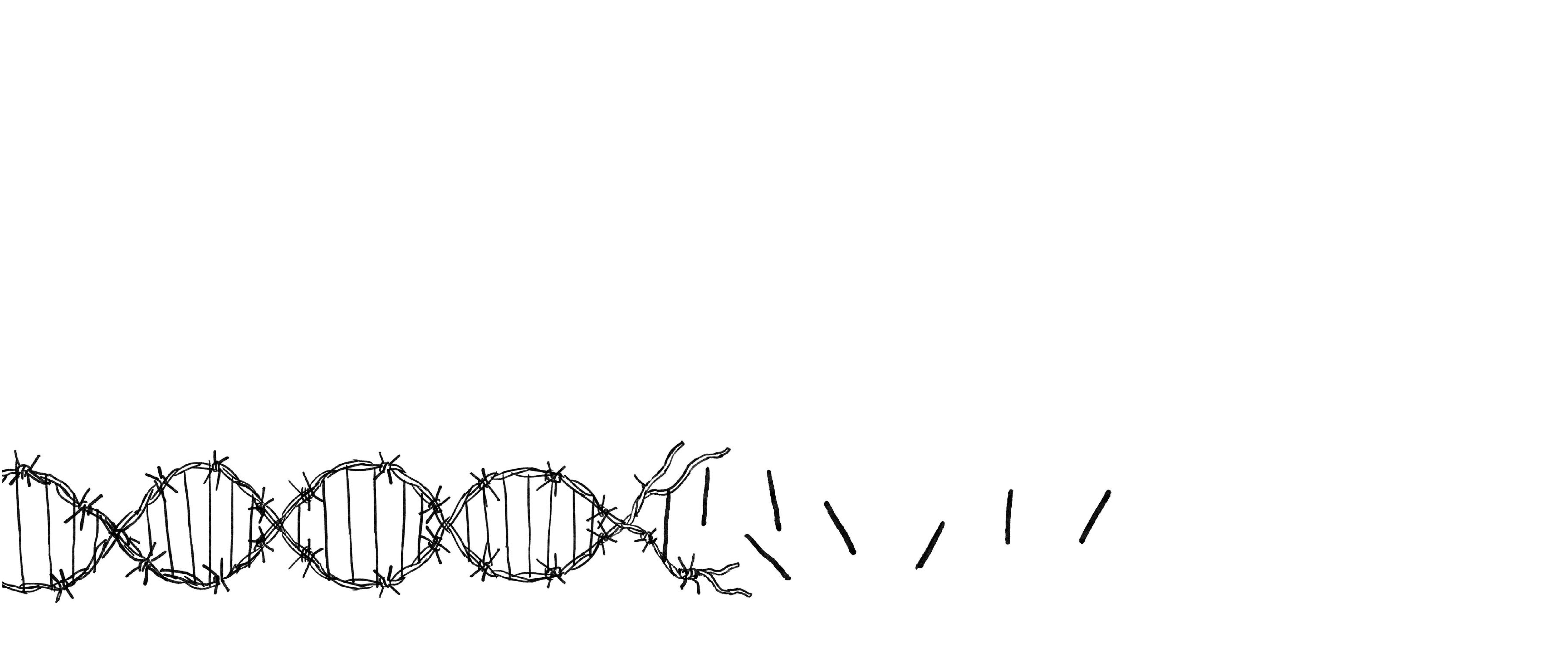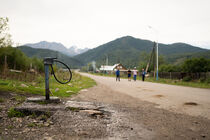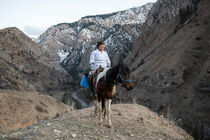“Into battle with the Thanatos of colonization, wars, and destruction, the Eros of decolonization enters.” —Timur Nusimbekov, on the most important words of the departing year and a new historical era for Kazakhstan.
Every year has its key words, its most important scenes, its own soundtrack. We can discuss the scenes and soundtrack later, though, because in the beginning was the Word.
For Kazakhstan, the key words, names, and phrases that characterized 2022 were “decolonization”, “Bloody January”, “shoot to kill without warning”, “Aikörkem”, “mass torture”, “Vicram”, “20,000 terrorists”, “We’re just people—we’re not terrorists”, “Ukraine”, “war”, “northern migrants”, “collaborationism”, “volunteers”, “frozen Ekibastuz”, and more…*
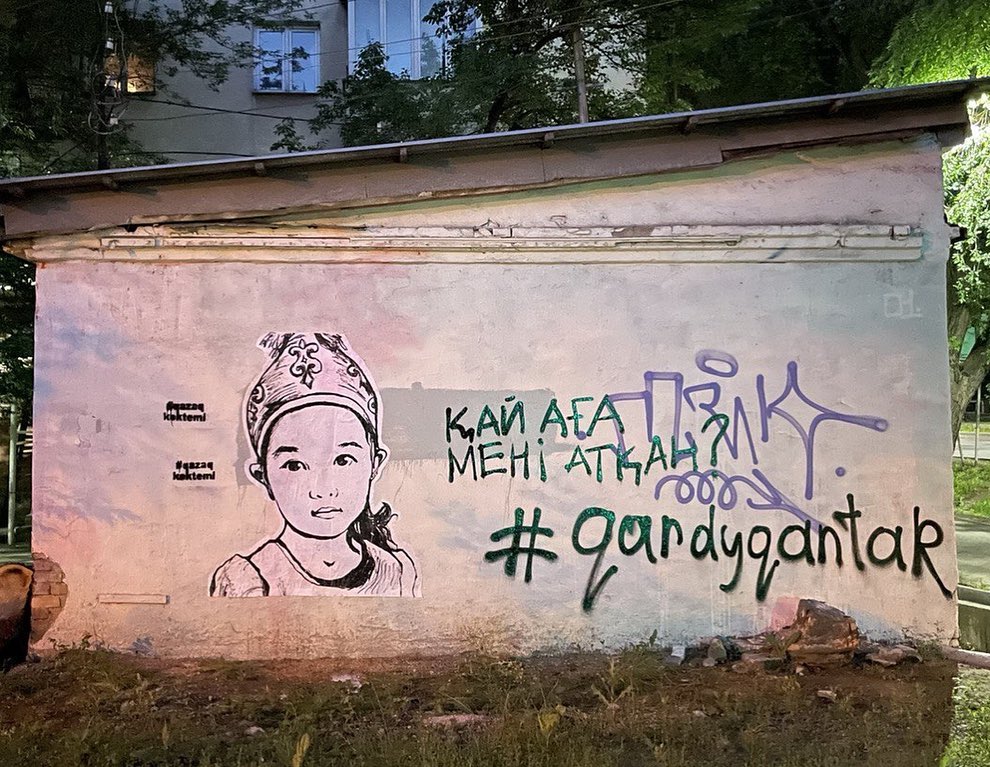
This year, in turbulent Kazakhstan and embattled Ukraine, I thought about different objects and influences, including the emerging flowers of decolonization that began blooming before our eyes these last 11 months. Let’s take a moment today to reflect on this old-new crush—a star by the name of Decolonization.
Before 2022, the understanding of “decolonization” had limited circulation within a narrow corner of academics, historians, writers, and anthropologists. To observe the phenomenon of decolonization in Kazakhstan, researchers, as a rule, reflected on cases from the recent past and prior centuries: the anticolonial poetics and politics of the batyrs Makhambet and Isatay (1836-1838), the nation-liberating rukh of the last Khan of the Steppe, Kenesary (1837-1847), the Central Asian peoples’ uprising (1916), the rèsistance of Alash-Orda (1917-1930s), national consciousness and trauma after the genocide of the Kazakh famine (Asharshylyq) (1932-33), the icy, bloody days and nights of Jeltoqsan (1986), the anti-nuclear, one-man fight of scientists and activists that, with time, transformed into a movement of millions: Nevada-Semipalatinsk (1950s-1991). And more…*
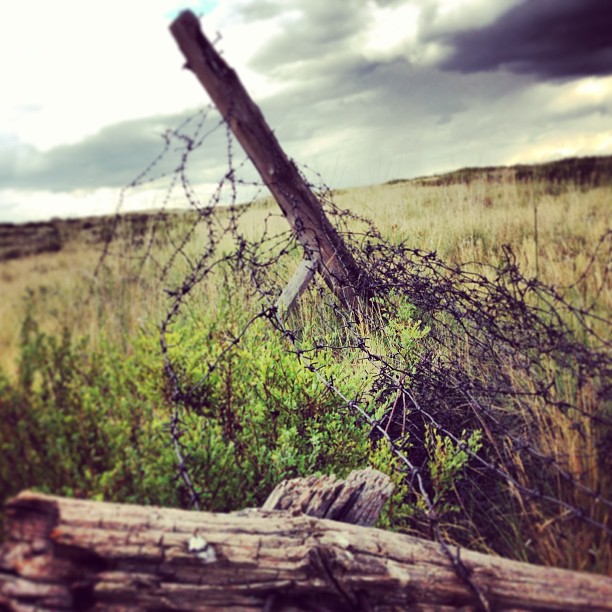
(Photo: Timur Nusimbekov)
In 2022, decolonization splashed out from the archives of history, from the cultural and scientific-conceptual underground, to the streets of and squares of Kazakhstani cities. It took up residence in the lecture halls of institutes and student cafeterias, and registered its presence at cafes, bars, rented apartments, and think tanks. Decolonization transformed itself from a theoretical construct to a practical activity, becoming an apparent and key fact of daily reality. More and more millennials and zoomers, students and professors of KazNU (Al-Farabi Kazakh National University), SDU (Suleyman Demirel University), NU (Nazarbayev University), and other centers of learning are studying the theory and practice of decolonization. This new decolonization is acquiring flesh and blood, structure and style, new ambassadors and a new aesthetic. Decolonial practices are being used by more and more civil activists, volunteers, and independent artists. Decolonization pulses in the lines and guitar riffs of the new wave of Kazakhstani indie-rock; it appears in the looks of decolonizing hipsters and TikTokers, in the scenes of new filmmakers and documentarians, and in the manifestos and works of the partisan art-group Qazaq Koktemi.
The beats and rhythms of decolonization sound more frequently, more loudly, more clearly in the ears and hearts of the people of Kazakhstan. After years of stasis and colonial silence, this music is again playing in our cities and on our steppes. The rhythm of decolonization has again begun to pulse in connection with two super-events that took place during the [Kazakhstani] internal and international political Winter:
The first event: Qantar (Qazaq; “January”) 2022, Kazakhstani Bloody January, when peaceful marches and protests in the cities of Kazakhstan were subsumed by waves of murder, torture, and repression, flooded with disinformation and a strengthening of colonial pressure.
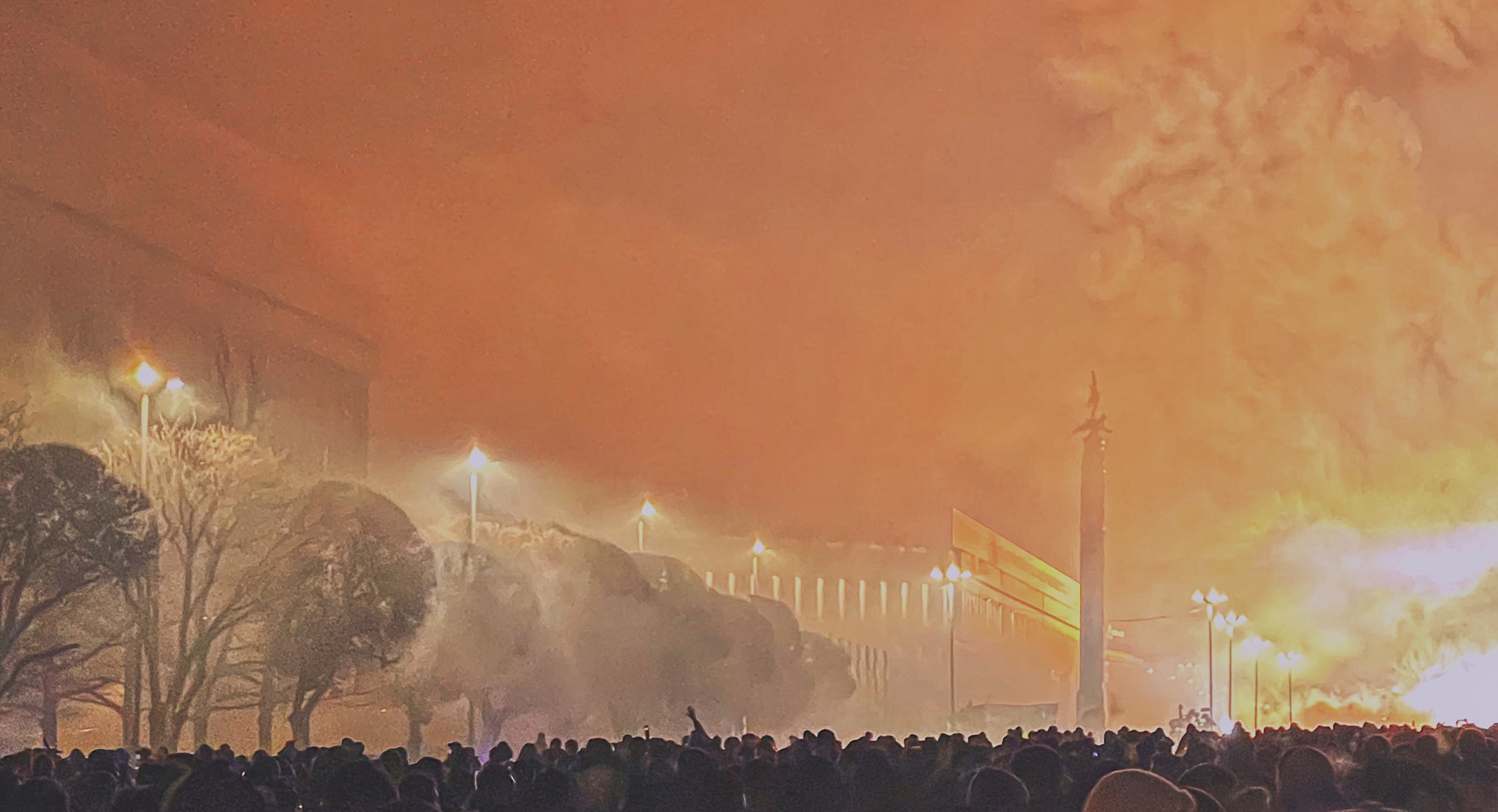
(Photo: Timur Nusimbekov)
The second major event was Lyutyy (Ukrainian; “February”) 2022, Ukrainian Bloody February, when Russian Z-forces crossed the borders of both Ukraine and the historical period, beginning their ignominious blitz-cringe and the most monstrous, large-scale war of the past 77 years.
While in Ukraine, witnessing this frightening war with my own eyes, I advised our [Kazakhstani] academics, artists, and activists, who were looking to dig deeper into decolonization, to observe carefully and consider the experience of Ukraine (that amazing country) and how it was enduring these unprecedented hardships.
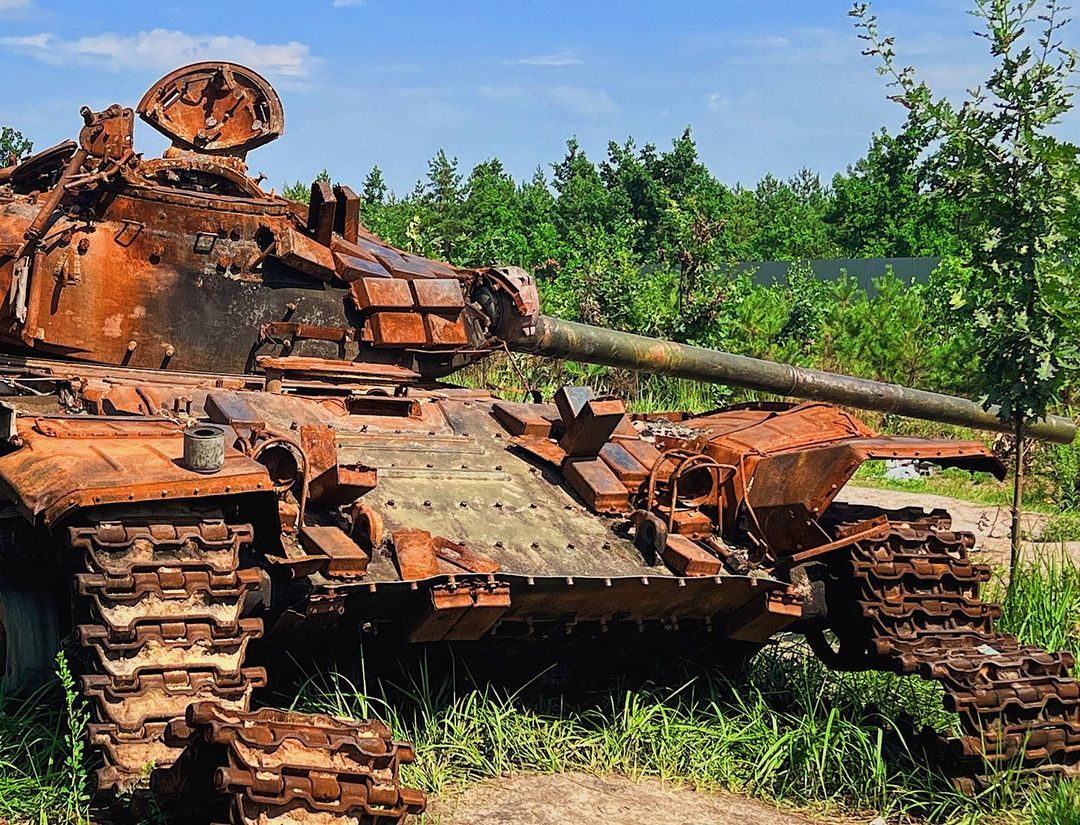
(Photo: Timur Nusimbekov)
Both Kazakhstani Qantar and Ukrainian Lyutyy were events that, to a large portion of Kazakhstani citizens, presented a radical shift of the landscape of reality, as well as demonstrated the apparent threats to the independence, safety, and sovereignty of the nation and its citizens.
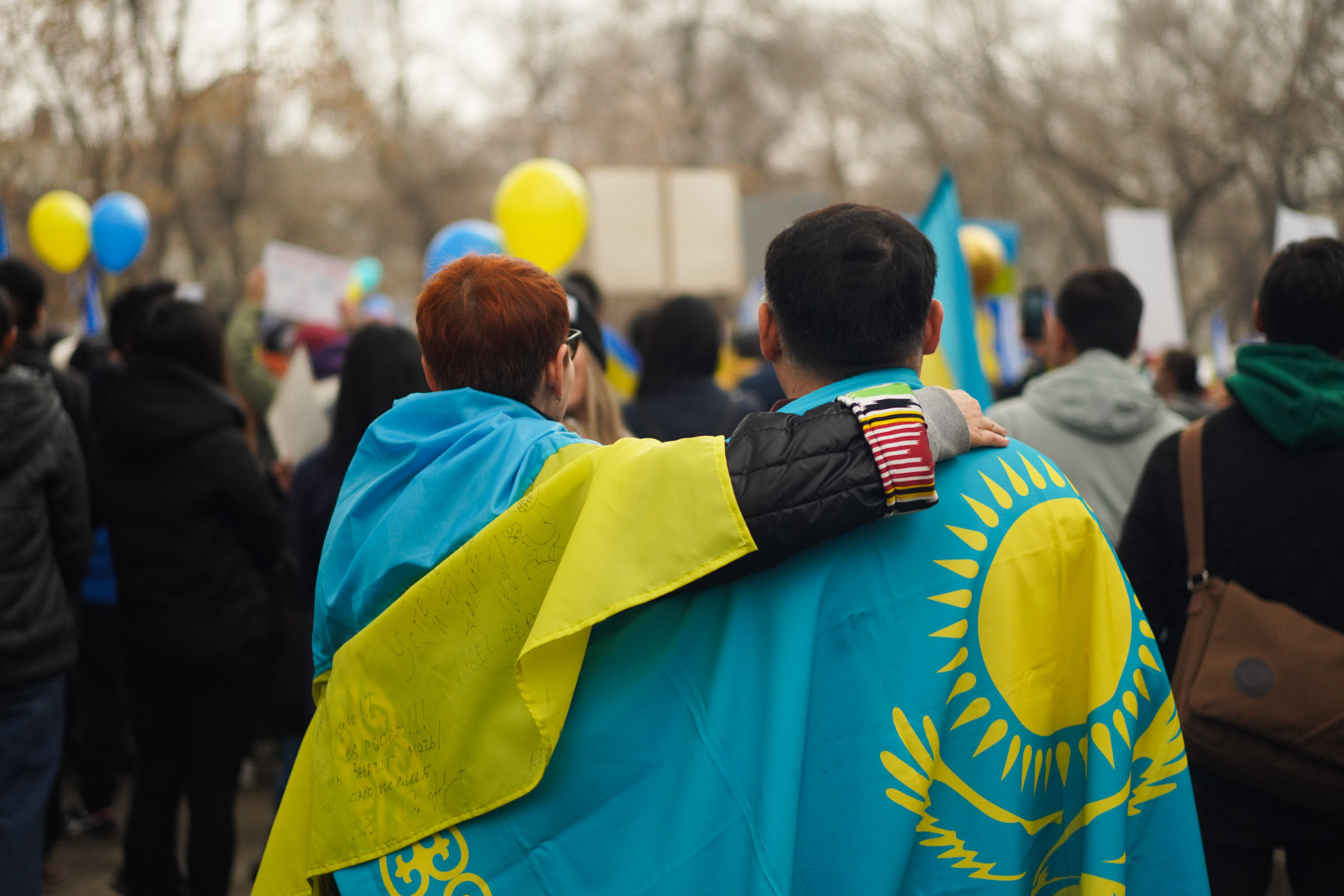
(Photo: Timur Nusimbekov)
Into battle with the Thanatos of colonization, war, and destruction, the Eros of decolonization enters. It is reminiscent of a plot from one of our nomad-predecessor histories, or even a new Netflix series: where, in the darkest hour of the night, the long shadows of evil and enslavement swallow the mountains, steppes, and cities. Where, beyond the horizon, high above the shanyraq, a weak flame of hope flickers, which gathers ground, gains form, until quietly, but clearly, pronounces the passwords to decolonization and freedom in various languages (along the lines of “Wake up, Neo”, or “Oyan, Qazaq” [Qazaq; “Wake up, Kazakh”], “We are waiting for changes”, or “Peremoga” [Ukrainian; “Victory”], etc.). Thus is born decolonization—from the spirit of resistance.
The entropy, murder, and mass torture of 2022, the terror and lies of the subsequent weeks and months post-qantar couldn’t stifle the emerging voice of decolonization. In this voice are dreams of fairness and democracy, dreams of the true Kazakhstan, a space of freedom and equal footing for all people—not of a neo-Soviet colony. In this voice are the dreams of a country rising from decades of colonial lethargy—not of a gulag-cum-kleptocratic nurlag in the political spin machine simulacrum of “Jana Qazaqstan”.
To continue in Netflix-speak: “‘Decolonization vs. Colonization’ is neither a short art-house, nor a feature-length film, but an unpredictable series spanning multiple seasons. In the coming months and years, we will witness passive observers of the story, as well as direct participants, operators, writers, and directors of the various episodes and seasons. At this point, this exciting, multi-season story has an open ending.”
End of Part I
(December 2022)
#Sözdik2022
#MyDecolonialDiary
#QandyQantar
#UkrainianDiary2022
*Note: Leave your choices for the key words, definitions, historical events, names, and phrases of 2022 in the comments on social media. The best entries will be entered into the dictionary by history with the hashtag #Sözdik2022.
Cover illustration by Roman Zakharov
